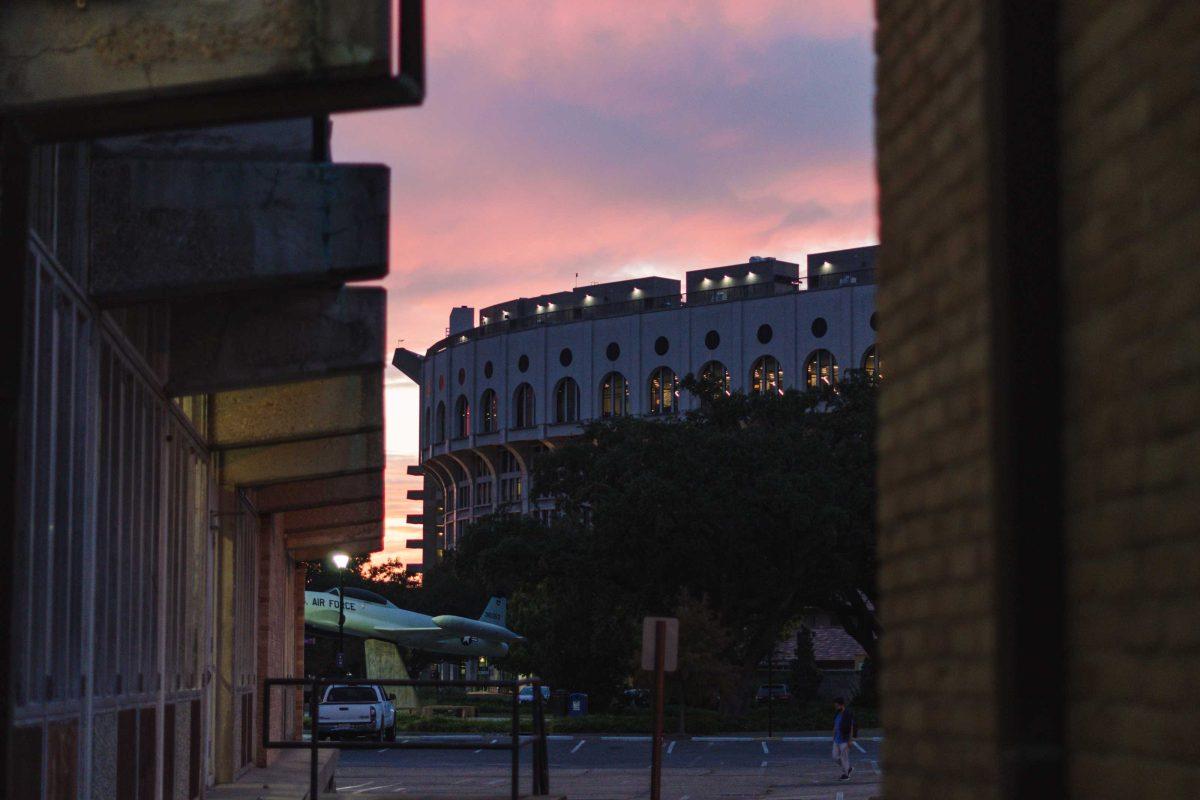Everyone’s had that one professor: the one who makes your life miserable, grades too hard, is confusing and passive aggressive. They probably teach the “weed out” class, the one that every new freshman or sophomore in your major has to take. You probably didn’t get the grade you wanted. You were probably mad, and you probably gave him a bad review.
Then, you move on. You forget about the class, assuming you passed, and your frustration with it.
Imagine, a few months later, you find out “that” professor, the cause of last semester’s weekly all-nighters, has been fired.
You’re elated. You’re vindicated. Justice is served.
Now, let’s flip the script: You’re a professor, tenured and decorated. You’ve spent years designing a comprehensive course designed to prepare students for the challenges of your field. You’ve had some complaints, a few bad reviews, but have never received significant pushback from your undergrads.
Then, COVID-19 hits. You’re forced to teach online, completely upending and redefining your education style. Students struggle. They get lower grades than any other class you’ve taught. The trend continues when in-person classes resume. The test scores and grades get worse and worse.
Then, you’re called into your department chair’s office to be informed that your contract isn’t being renewed. Despite your years of service, accolades and teaching awards, you’re effectively being fired.
This teacher and these students aren’t hypothetical. It’s the story of Maitland Jones Jr., a professor emeritus at New York University who was fired last spring after 83 of 250 students in his introductory organic chemistry class signed a petition against him, according to the New York Times.
Students complained that the class was too hard and that Jones’ standards were too high.
Jones disagreed. He had been keeping the same performance standards for years, although, admittedly, he had noticed a drop off in work quality since the beginning of the pandemic. Not only did students suddenly seem to forget how to read exam questions, but they also seemed to forget how to study and regularly attend class. This trend continued, even after in-person classes resumed in spring 2021.
Despite protests from Jones, his colleagues and former students, the university informed him that they wouldn’t be renewing his contract for the following semester. His long career was basically over, just like that.
Jones’ story is an interesting one, especially when extrapolated to other universities, where students across the country have reported a significant spike in learning troubles since the pandemic’s start.
According to a OneClass survey of over 14,000 students, 85% felt that pandemic learning conditions negatively affected their academic performance. Only 5% felt that they helped, while 9% reported no effect at all.
This decline in learning has been noticeable in my own classes that I’ve taught and graded. There’s been, with every successive semester since the pandemic started, a considerable downward trend in work quality, across both papers and tests.
There’s also been a spike in negative feedback from students, who don’t seem to understand the intricacies of paper writing or how to study. I’ve noticed some of the same problems identified by Jones: poor reading skills, significant downturns in class attendance, and worsening writing and communication.
What’s the reason? Outside of general qualitative advice and statements, it’s difficult to pinpoint exactly what’s been going on or what to do about it.
Certainly, COVID-19 has played the largest – and perhaps the only – role in this negative educational trend. The time lost, at all levels of education, by forced online “learning” has changed student expectations of what constitutes fair grading and good classroom instruction.
Thus, instructors and professors can’t reasonably expect freshmen and sophomores to know how to study, ask questions and communicate properly with them, given that they’ve had such little person-to-person contact over the past few years.
But that doesn’t mean that young underclassmen should get a pass for skipping class, feeling entitled or turning in bad work. In fact, it probably means the opposite: The best way for students to catch up quickly to what should be rigorous college standards is to enforce strict expectations and only compromise on a case-by-case basis.
Students shouldn’t be able to get away with unwarranted, outlandish or unsubstantiated complaints to a professor or instructor’s higher ups. They need to know that class attendance is necessary if they want to learn, and Quizlet doesn’t count.
Everyone involved in this conundrum – students, faculty and school administration – should recognize that new students are behind the curve and that they may need some additional help, especially after COVID-19 stunted their study habits and grades. College is hard enough as it is for everyone involved. We shouldn’t be making it worse.
Benjamin Haines is a 24-year-old history graduate student from Shreveport.





